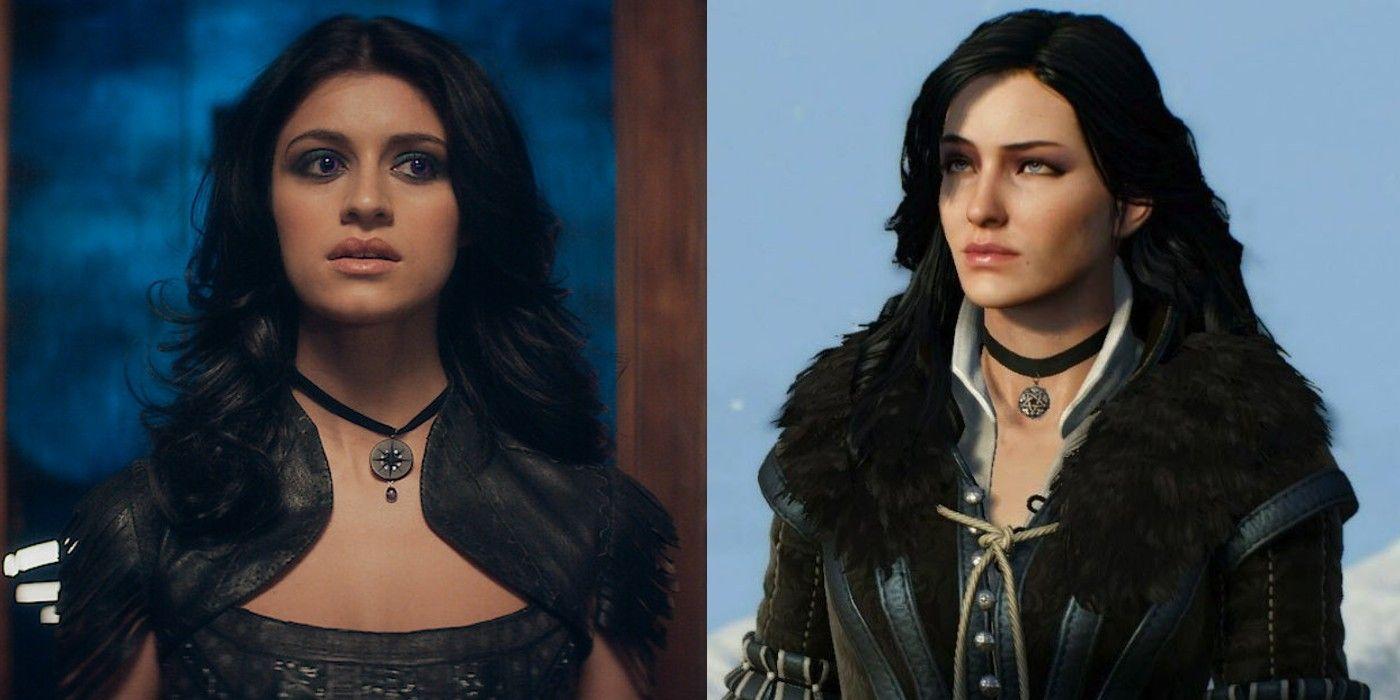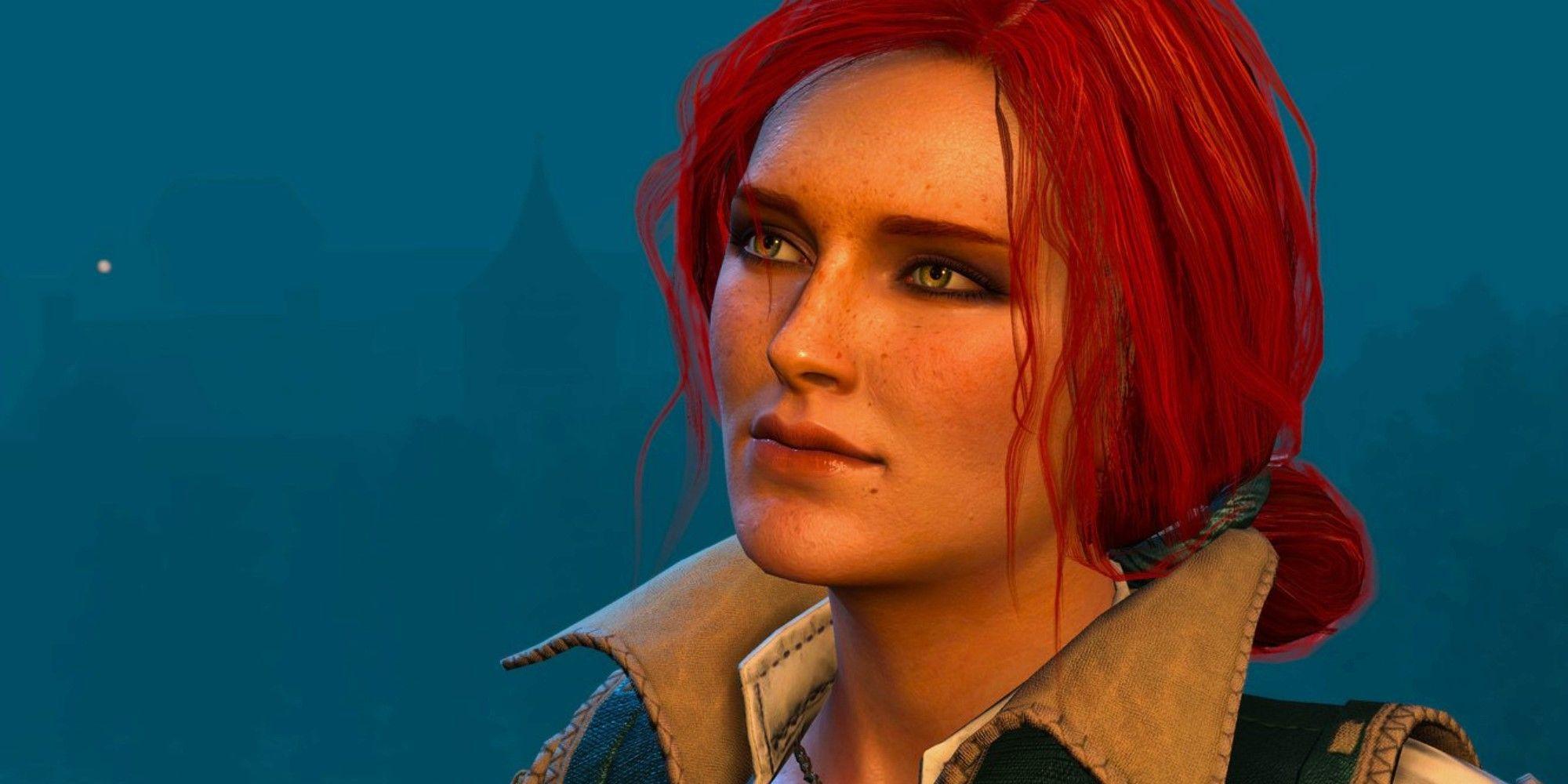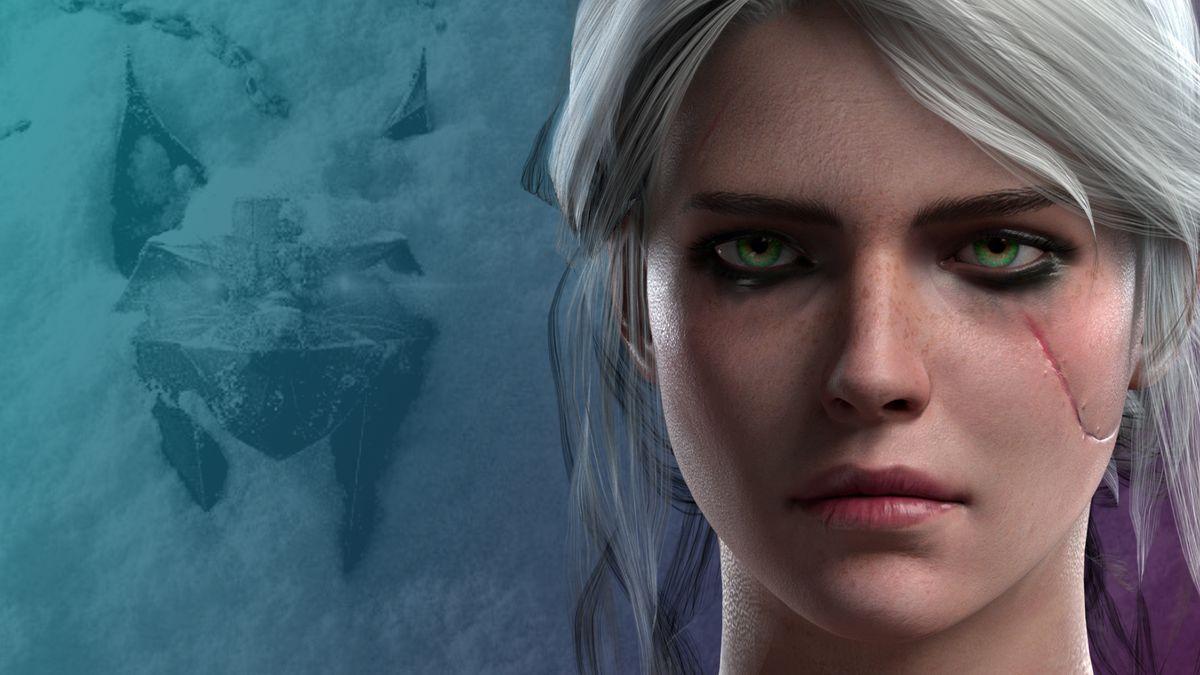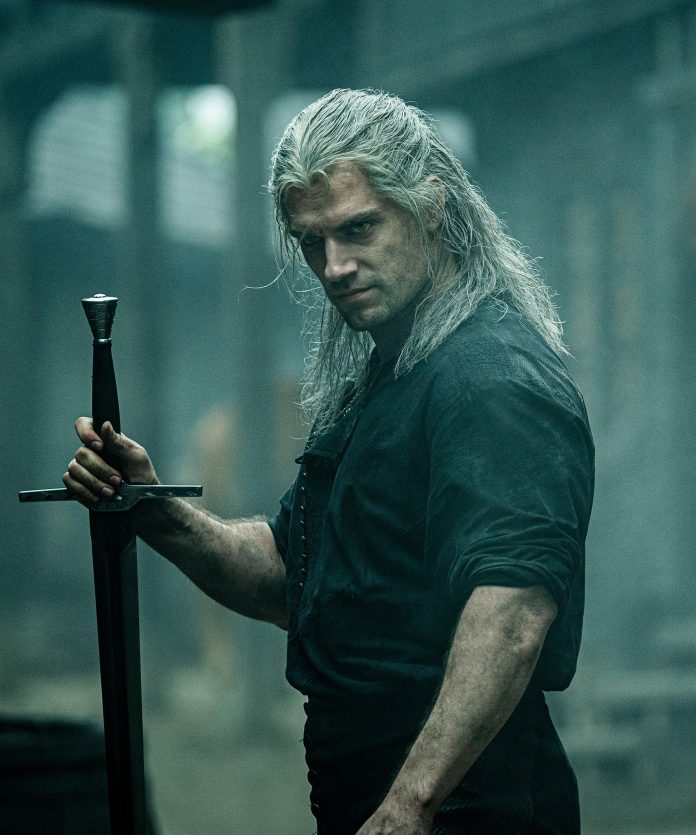In the rich tapestry of fantasy literature and gaming, few worlds have captivated audiences quite like that of The Witcher. Born from the vivid imagination of Polish author Andrzej Sapkowski, and brought to life through a critically acclaimed video game series and a successful television adaptation, The Witcher universe is a sprawling epic filled with intrigue, danger, and magic. Yet, what truly sets this universe apart are its unforgettable characters—complex, flawed, and deeply human. From the brooding monster hunter Geralt of Rivia to the enigmatic sorceress Yennefer of Vengerberg, these characters are not merely figures in a fantastical realm; they are reflections of the human condition, embodying themes of destiny, morality, and the eternal struggle between good and evil. This article delves into the most memorable characters in The Witcher saga, exploring why they resonate so profoundly with audiences and how they contribute to the enduring legacy of this iconic series. Prepare to journey into a world where every choice is fraught with consequence and every character leaves an indelible mark on the fabric of storytelling.
Unveiling the Complexity: Analyzing the Depth of Geralt of Rivia

Geralt of Rivia, the central figure of Andrzej Sapkowski’s richly woven tapestry, stands as a testament to the layered complexity that defines The Witcher’s universe. Geralt is not merely a monster hunter; he is a deeply philosophical character, grappling with questions of morality and identity in a world that often blurs the lines between right and wrong. His journey is a reflection of the human condition, exploring themes of destiny, love, and the search for meaning. Through his interactions with a myriad of characters, each decision he makes is a choice between lesser evils, offering readers and viewers a chance to ponder their own moral compasses.
- Ambiguity of Morality: Geralt’s world is one where clear-cut answers are rare, pushing him to make decisions in the gray areas of morality.
- Existential Reflection: His life as a Witcher is one of solitude and introspection, prompting audiences to explore their own sense of self.
- Resilience and Vulnerability: Despite his formidable skills, Geralt’s emotional depth and vulnerabilities make him relatable and profoundly human.
Through Geralt, Sapkowski crafts a character who is not only memorable but serves as a mirror reflecting the complexities of human nature. His presence in the narrative elevates the series beyond a mere fantasy tale, anchoring it in a profound exploration of what it means to be human in a world filled with monsters—both literal and metaphorical.
The Enigmatic Sorceress: Yennefers Influence on The Witchers World

Among the vibrant tapestry of characters in The Witcher universe, Yennefer of Vengerberg stands as a complex figure whose influence reverberates through the narrative’s core. Her presence is marked by a blend of formidable power and profound vulnerability, making her one of the series’ most enigmatic personas. As a sorceress, Yennefer’s mastery of magic is unparalleled, but it is her nuanced relationship with Geralt of Rivia that truly anchors her role. This relationship is not just a romantic subplot; it is a profound exploration of identity, destiny, and sacrifice. Yennefer’s decisions often ripple through the world, affecting political alliances and the fate of kingdoms.
- Power and Ambition: Yennefer’s relentless pursuit of power is driven by her desire for control over her own destiny, a theme that resonates deeply within the series.
- Complex Relationships: Her intricate ties with Geralt and Ciri form the emotional backbone of the story, highlighting themes of love, family, and loyalty.
- Influence on Events: Her strategic mind and magical prowess often position her as a key player in the political and magical spheres of The Witcher’s world.
Yennefer’s influence extends beyond her magical abilities, as she embodies the delicate balance between power and humanity. Her character challenges and enriches the narrative, making her an indelible part of The Witcher’s legacy.
Triss Merigold: A Study of Loyalty and Love in Turbulent Times

Triss Merigold, a sorceress of extraordinary prowess, stands as a testament to unwavering loyalty and complex love within the chaotic world of The Witcher. Her character is a tapestry woven with threads of courage, resilience, and compassion, making her an indelible figure in the narrative. As a member of the Lodge of Sorceresses, Triss navigates the perilous landscape of political intrigue with an astute mind and a steadfast heart, often finding herself at the crossroads of duty and personal conviction. Her loyalty is not merely to her companions but to a vision of a world where magic and humanity coexist in harmony.
- Devotion to Friends: Triss’s unwavering support for Geralt and Ciri highlights her deep-rooted sense of friendship and loyalty.
- Champion of Peace: Her efforts to mediate conflicts underscore her commitment to a peaceful resolution amidst the turmoil.
- Complex Love: Triss’s relationship with Geralt is a poignant exploration of unrequited love and sacrifice, adding layers to her character.
In a realm where allegiances are as volatile as the elements, Triss remains a beacon of steadfastness. Her narrative arc not only enriches the story but also offers profound insights into the nature of loyalty and love. Through Triss, the saga of The Witcher delves into the complexities of the human heart, revealing that true strength lies in the courage to love and the resolve to remain loyal, even when the world teeters on the brink of chaos.
Monsters and Men: How Ciris Journey Redefines Heroism

Ciri’s evolution from a royal heir to a formidable force in her own right is a compelling narrative that challenges traditional notions of heroism. Unlike the archetypal heroes of yore, who often display strength through brute force or infallible moral clarity, Ciri embodies a nuanced blend of vulnerability and power. Her journey is not just about slaying monsters but also about confronting the internal and external forces that seek to define her destiny. This complexity in her character allows her to resonate with audiences on a deeper level, as she represents the struggle between inherited expectations and personal choice.
- Empathy as Strength: Ciri’s ability to connect with both humans and non-humans alike shows that heroism can be rooted in understanding rather than domination.
- Adaptability: Her journey through different realms and cultures highlights the importance of adaptability and open-mindedness in overcoming challenges.
- Identity and Self-Discovery: Ciri’s quest is as much about discovering who she is as it is about fulfilling her perceived role, making her a relatable figure for anyone on a path of self-discovery.
By redefining what it means to be a hero, Ciri’s narrative invites us to reconsider our own definitions of strength and valor, urging us to look beyond the surface and recognize the power in empathy, adaptability, and self-discovery.



